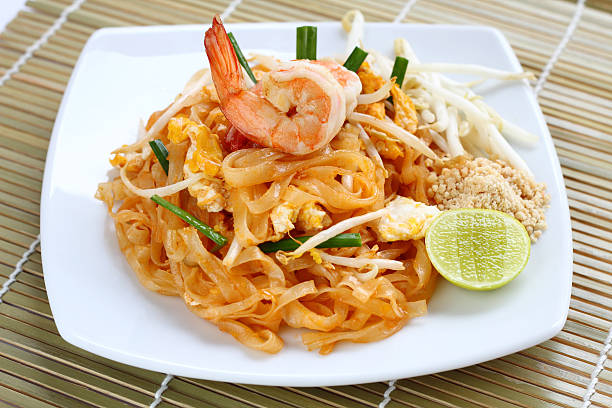Empanadas, a beloved dish originating from Spain and popular across Latin America and beyond, are savory turnovers filled with a variety of ingredients such as meat, vegetables, cheese, and spices. While often enjoyed as a delicious snack or meal, empanadas also offer a range of nutritional benefits when prepared with wholesome ingredients and balanced proportions. From their rich combination of carbohydrates, proteins, and fats to their abundance of vitamins, minerals, and antioxidants, empanadas present a flavorful fusion of nutrition and culinary delight.

One of the key nutritional components of empanadas is their protein content, which comes from ingredients such as beef, chicken, pork, or seafood used as filling. Protein is essential for muscle repair and growth, immune function, and hormone production. Including protein-rich foods like empanadas in one’s diet helps support overall health and promotes satiety, making it easier to manage hunger and maintain a healthy weight.

Moreover, empanadas can be filled with a variety of vegetables, such as onions, bell peppers, tomatoes, corn, and spinach, which add essential vitamins, minerals, and dietary fiber to the dish. Vitamins and minerals found in vegetables contribute to overall health and well-being, supporting various bodily functions such as immune function, bone health, and metabolism. Dietary fiber aids in digestion, promotes regular bowel movements, and helps regulate blood sugar levels. Including fiber-rich foods like empanadas in one’s diet supports gut health and may reduce the risk of digestive disorders such as constipation and diverticulitis.

Additionally, empanadas are typically made with a dough or pastry crust, which provides carbohydrates, fats, and additional nutrients. The nutritional value of the dough can vary depending on the ingredients used and the preparation method. Opting for whole grain or whole wheat dough increases the fiber content and provides more nutrients such as B vitamins, iron, and magnesium compared to refined flour dough. Additionally, using healthier fats such as olive oil or avocado oil in the dough adds beneficial monounsaturated fats, which support heart health and may reduce the risk of cardiovascular disease.

Furthermore, empanadas can be baked or fried, with each preparation method offering different nutritional benefits. Baked empanadas typically contain less fat and fewer calories compared to fried empanadas, making them a healthier option for those watching their calorie intake or fat consumption. Baking also helps retain the nutritional value of the ingredients used as filling, whereas frying may lead to the loss of some nutrients due to the high heat involved in the cooking process.

In conclusion, empanadas offer a delicious and nutritious meal or snack option that reflects the culinary diversity of Latin American and Spanish-speaking cultures. With their combination of protein, vegetables, whole grains, and healthy fats, empanadas provide essential nutrients that support overall health and well-being. By choosing high-quality ingredients, incorporating a variety of fillings, and opting for healthier preparation methods, empanadas can be enjoyed as part of a balanced diet, providing both flavor and nutrition to meals and snacks.




